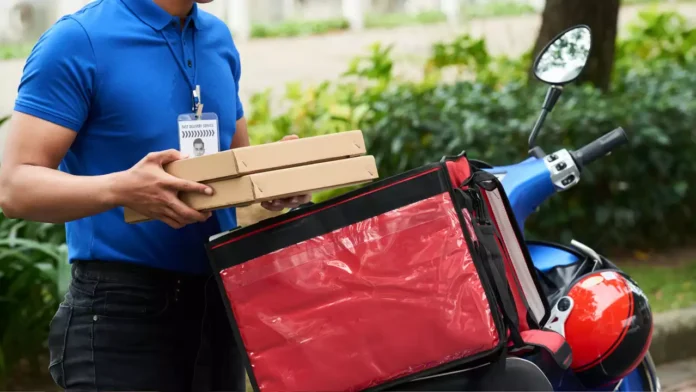The Indian Institute of Technology (IIT) Delhi has introduced the ‘Work4Food’ initiative, designed to ensure government-mandated minimum wages for food delivery workers. This innovative solution aims to reduce costs for delivery platforms while prioritizing customer satisfaction.
A team of researchers from the institute, including Abhijnan Chakraborty, Sayan Ranu, Amitabha Bagchi, and PhD scholar Anjali, developed the solution. Additionally, the proposal was showcased at the International Joint Conference on Artificial Intelligence in Vienna, Austria, in July 2022.
According to a statement released by IIT Delhi, notable aspects of the solution encompass income assurances, platform management, and personalized guarantees extended to individual delivery workers.
Chakraborty, a professor at the Computer Science and Engineering Department, IIT Delhi said, “This is an order assignment algorithm (which determines which delivery person gets which order) to ensure that each delivery person earns more than the minimum wage.”
“To achieve this without increasing the cost for the platform or the consumer, we recommend utilising the delivery workers more efficiently and reducing the habit of over-provisioning,” he said.
Reducing Travel and Emissions with ‘Work4Food’ Solutions
Given the substantial data amassed by these platforms, they can analyze historical patterns to anticipate the supply-demand dynamics in specific locations and times. Consequently, they can enlist delivery workers as per the identified requirements, he explained.
According to IIT Delhi, the minimum income guarantee provided by ‘Work4Food,’ along with the flexibility it grants to platforms for onboarding delivery agents based on demand-supply dynamics, reduces the need for unnecessary travel. This addresses a common practice among delivery agents who strategically position themselves for the next order.
“This can have a long-term effect on reducing air pollution caused by vehicular emissions, at least until the entire delivery fleet transitions to battery-operated vehicles,” Chakraborty said.
While online food delivery companies often cite the gig nature of the work and operational constraints as barriers to implementing local minimum wage guarantees, the novel solution introduced by the IIT Delhi researchers promises to address the issues, according to the release.
“We believe that our proposed solution has the potential to revolutionise the way food delivery platforms operate in India, creating a win-win situation for all parties involved — delivery workers, platforms, and customers — representing a significant step toward achieving fairness and equity within the food delivery industry,” said Bagchi.
Continue Exploring: Indian food delivery market grows by 10% sequentially in Q3: UBS report





